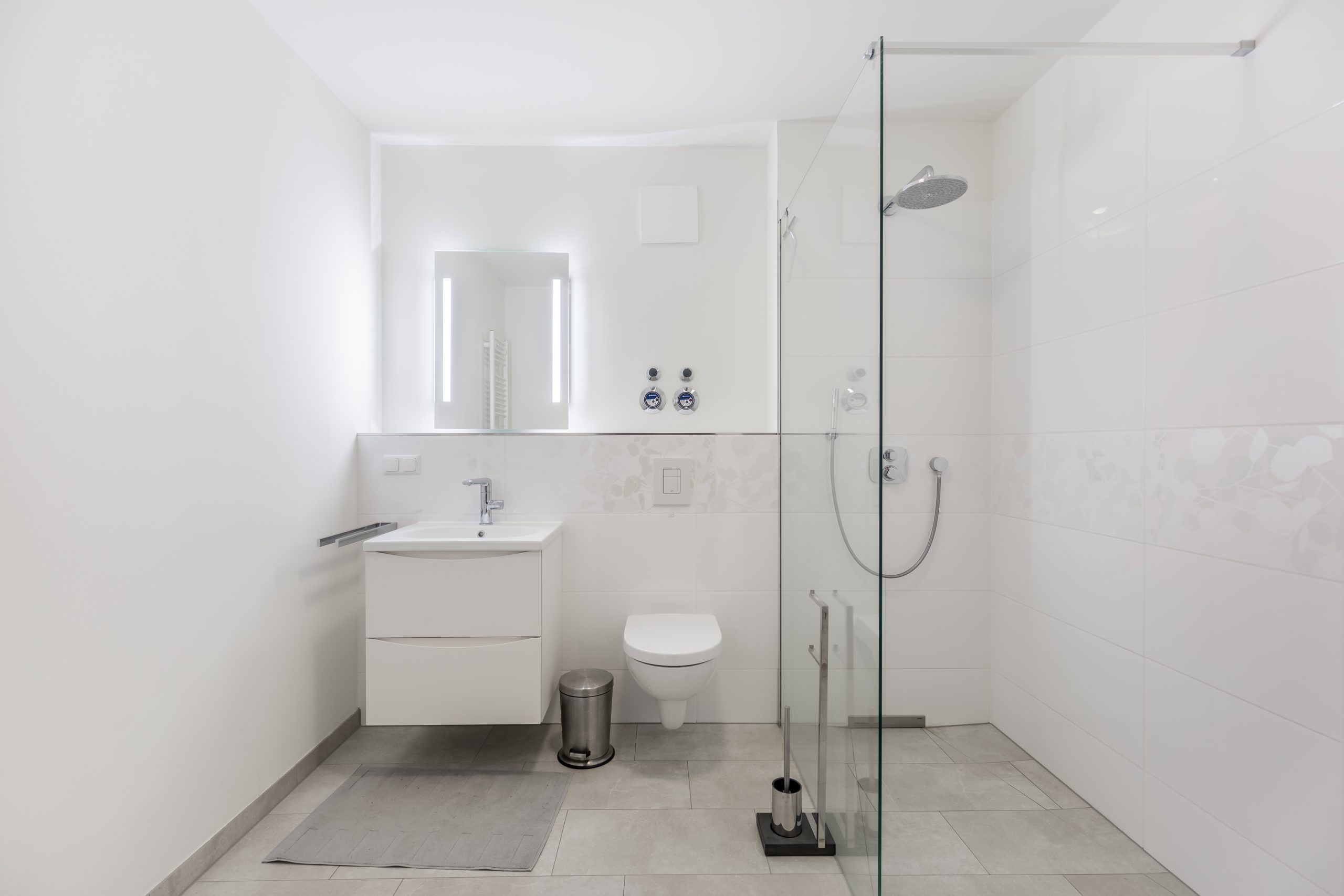
Nothing will get you in hot water with your family faster than buying a system that runs out of hot water in the middle of a shower or when filling a bath.
Heaters are not cheap, and selecting one that’s inadequate for the demands of your household is an expensive mistake.
As an experienced agency in your area, we know a home inspection will always include an assessment of a water heater that includes its age, capacity and any plumbing issues.
Most of us will purchase a system quickly when the existing one has failed, and we tend to guess what we need.
These are some key considerations when assessing a hot water system.
Your budget
The expense of replacement isn’t confined to the system. You’ll also need to employ a plumber. Costs may rise if you switch from electricity to gas or vice versa.
So many choices
There’s a bewildering array of water systems on the market. First, decide whether you want one that uses gas or electricity. Then, research models that use a storage or continuous flow system (see below).
Electric storage
These systems have an insulated cylindrical storage tank. The water is kept hot so you don’t have to run the taps before the water warms up.
Electric benefits
These heaters are comparatively cheap to install, and you can minimise running costs by heating the water during off-peak periods.
Gas storage
A gas burner generates heat to ensure you get hot water quickly. Unlike the electric-versus-gas cooktop debate, gas heaters emit less carbon and are more efficient.
In the flow
So-called continuous flow water heaters are small and wall-mounted. Depending on how far they’re from the tap, they take a few seconds to heat the water. However, once the hot water arrives, it never runs out.
Solar solution
Solar thermal heating requires a cylindrical storage tank connected to solar panels. The tank can be on the roof or at ground level. Some governments will offer rebates to encourage their adoption.
Pump it up
Much has been written about heat pumps, which use air or ground warmth as the heat source. One of the most efficient choices, it features a boost function that covers you for cold days.
Seek advice
It’s never a bad idea to talk to a plumber or a specialist retailer about the alternatives. Make sure your final choice offers sufficient needs for your household and stays within your budget.
